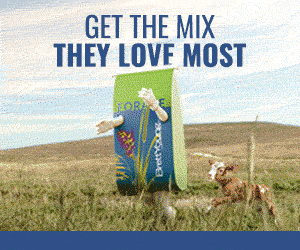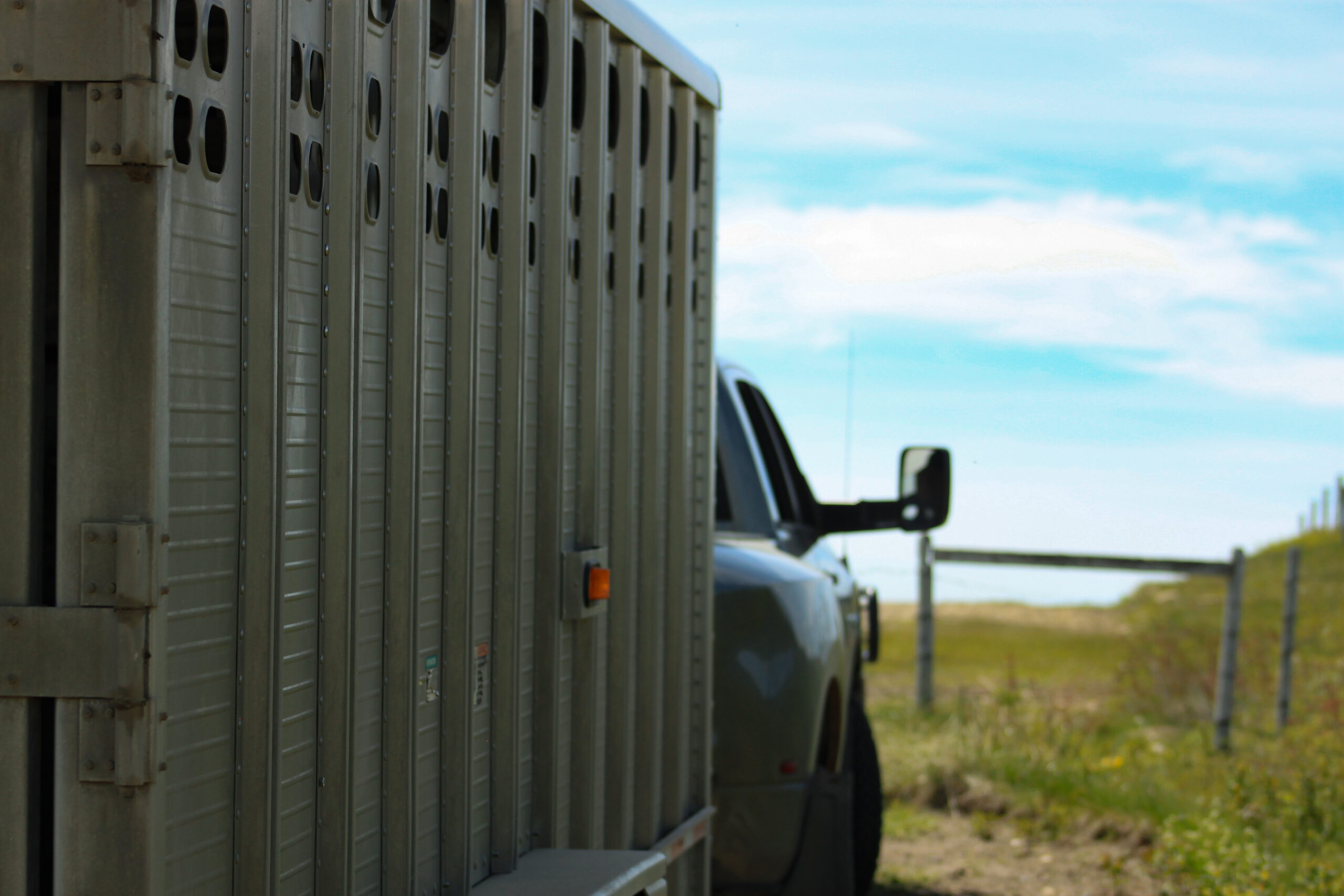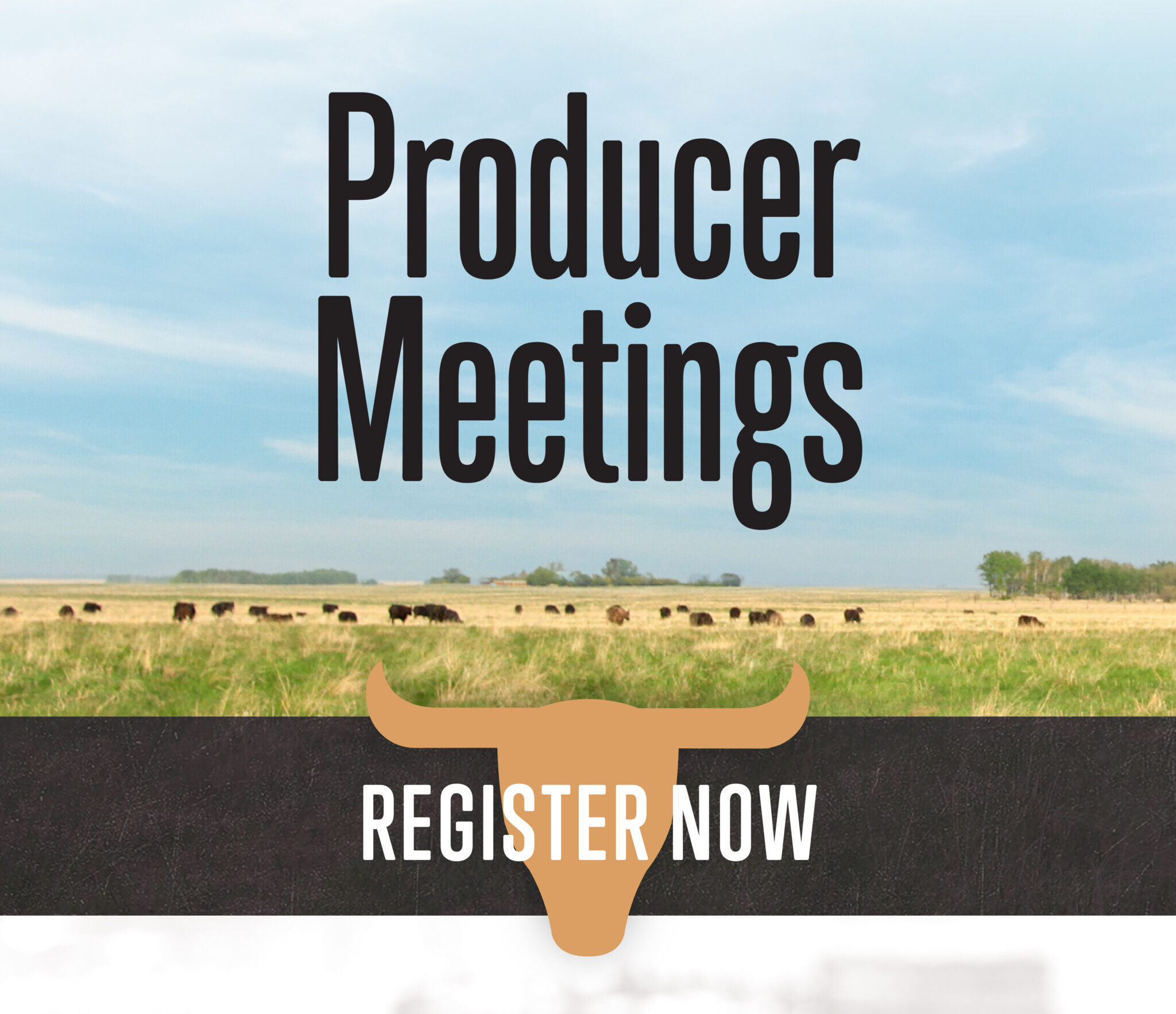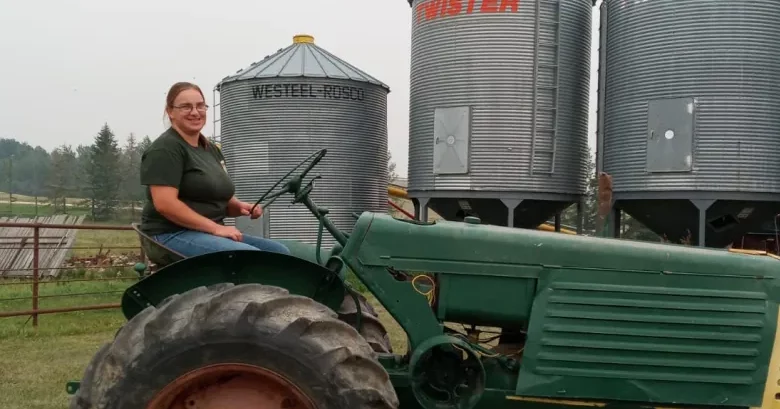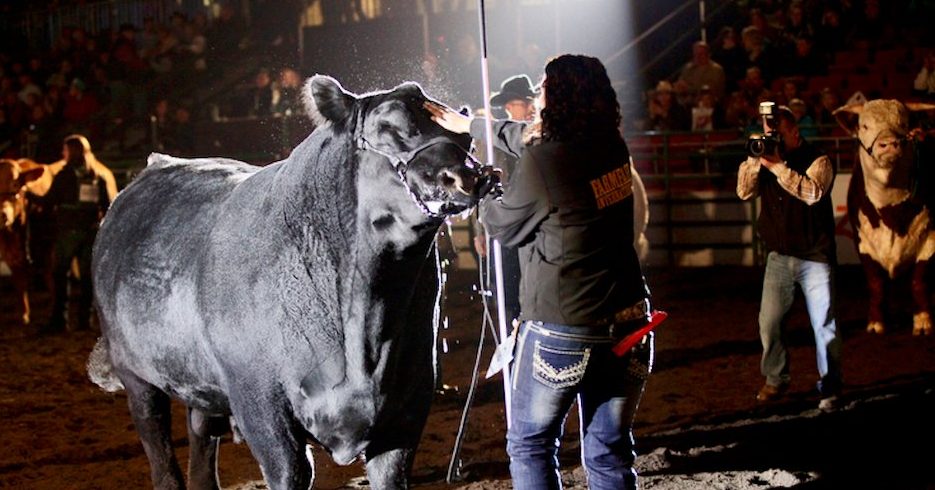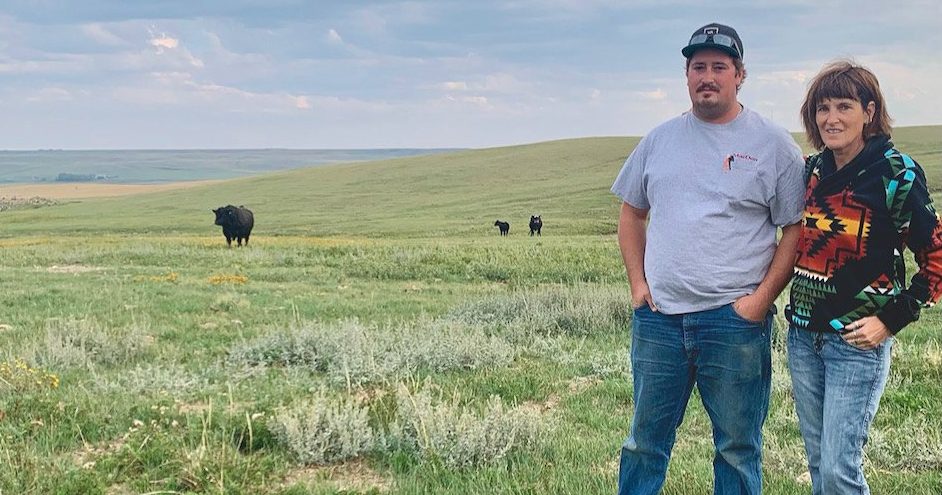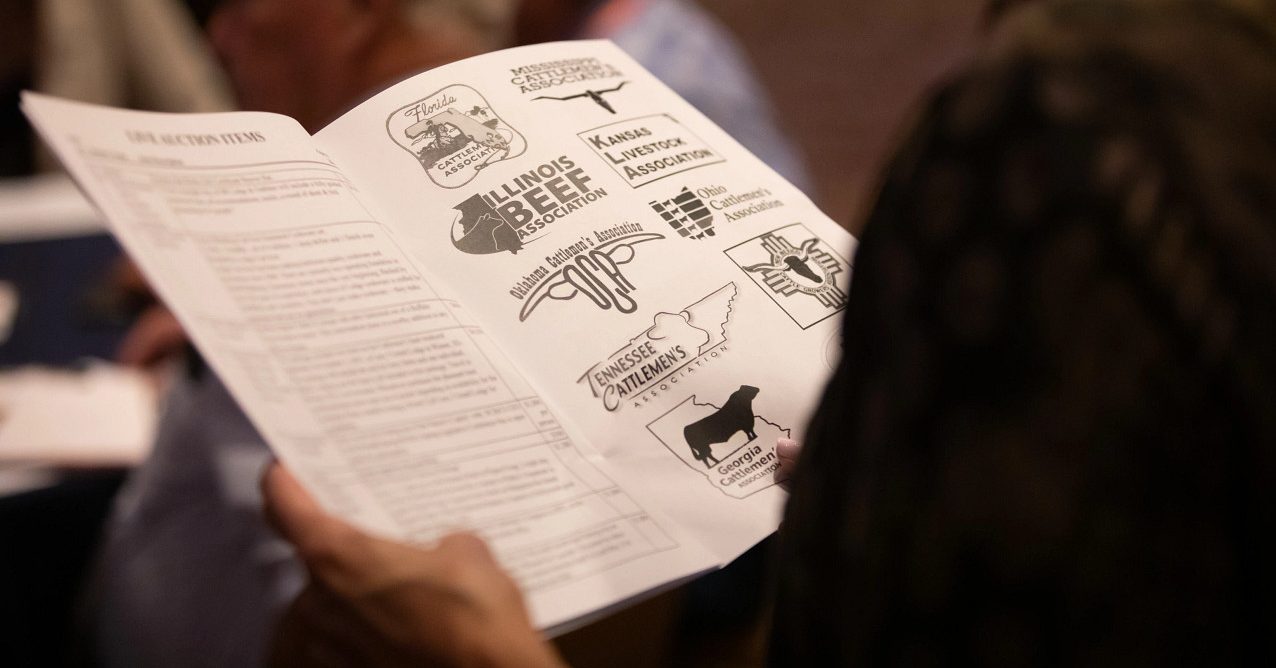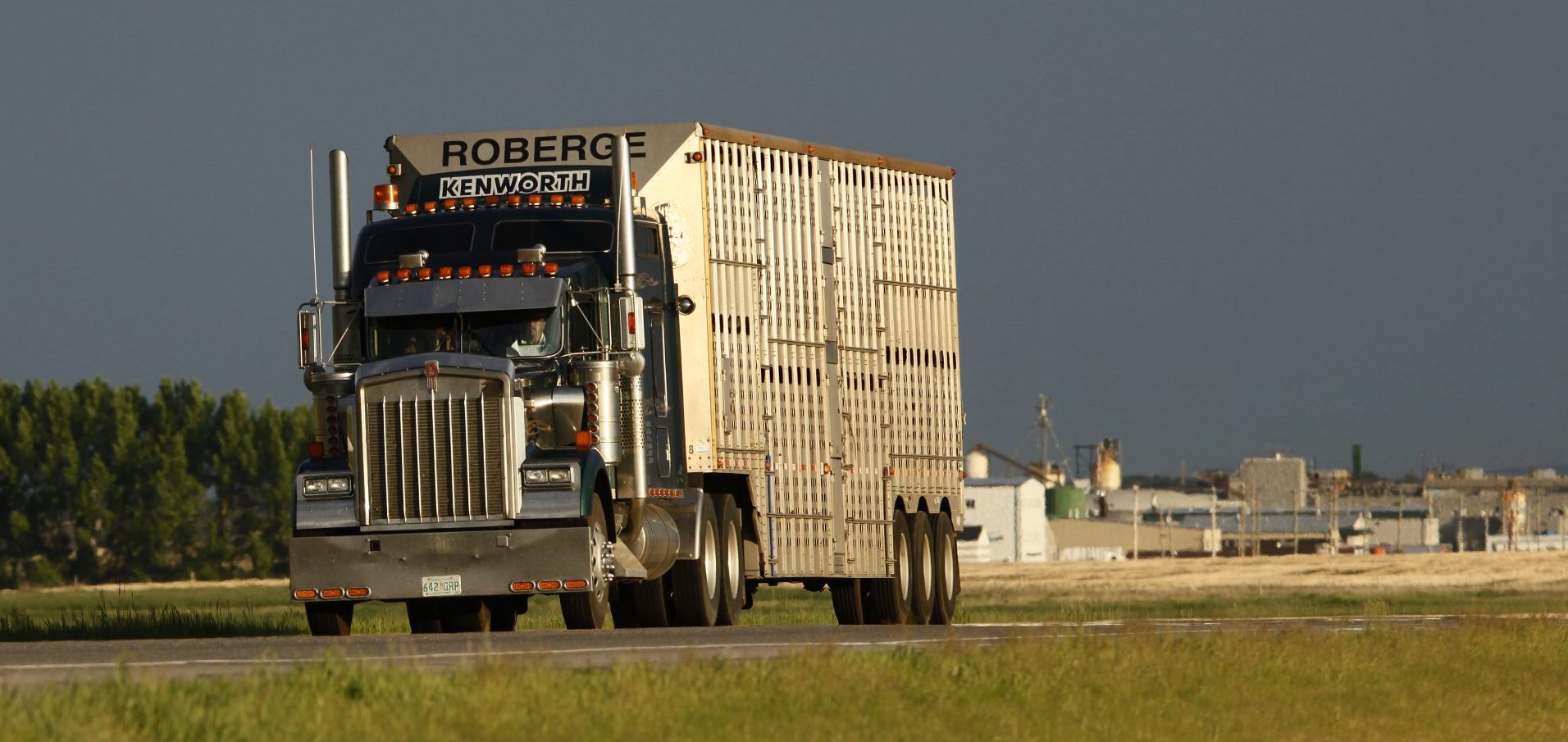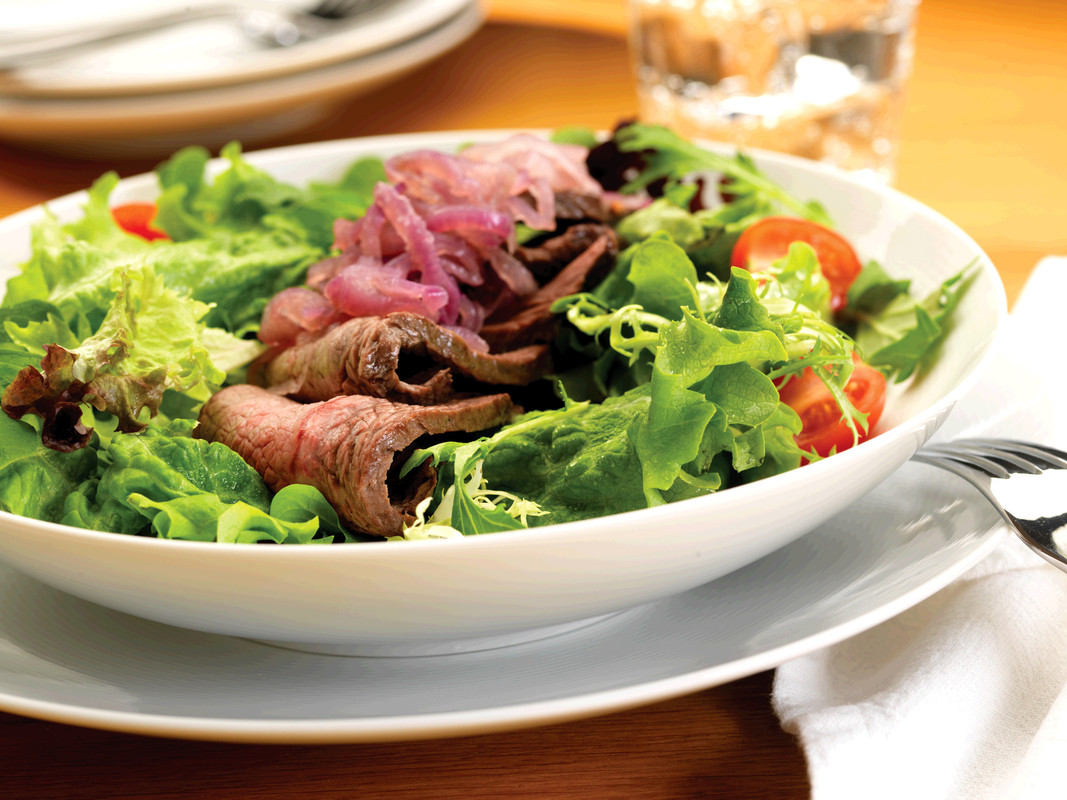AB Direct - Steers
Rail: 530.00 del
AB Direct - Heifers
Rail: 530.00 del
US Trade- Steers
Rail: ---
US Trade - Heifers
Rail: ---
Canadian Dollar
0.14
What We’re Reading | Chef wants students to raise their own beef
Chef James McFarland of the University of Saskatchewan says learning more about the food you cook and consume is a matter of sustainability. By Owen Roberts Raising your own beef calf is not normally part of a campus’s extracurricular activities. But it could be at the University of Saskatchewan, one of the county’s leading agri-food education…
What We’re Reading | Fewer farmers in Alberta in 2021, but number of women increasing: StatsCan
By Nicholas Frew for CBC News Valerie Ehrenholz is busy on the family farm. Her to-do list varies by season, but last Thursday it included caring for the cattle, setting up an electric fence and tending to a barbed-wire fence, and helping her father, who seeded a field to grow grain. If time allowed, she’d tend to…
What We’re Reading | Farmfair offers exhibitors rapid COVID test, refund guarantee
By Jeff Melchior, Alberta Farmer Express In response to recent provincial restrictions, all Farmfair attendees will have to show proof of full vaccination before entering the event. It’s either that or offer proof of a medical exemption or a privately acquired COVID test. The move by event organizer Explore Edmonton is in response to provincial restrictions…
What We’re Reading | Relief money is coming soon, but the pain will be long lasting
By Alexis Kienlen, Alberta Farmer Express The first drought relief payment of $94 per head should be in the hands of cattle producers soon. Alberta Beef Producers has been working with the provincial crop insurer to get the drought relief money out as quickly as possible, said general manager Brad Dubeau. “We’re continuing to work with Agriculture Financial Services…
What We’re Reading | Cattle pricing, labelling changes top discussions at NCBA convention
By RealAgriculture Canadian Cattlemen’s Association (CCA) executive vice president Dennis Laycraft’s recent trip to the National Cattlemen’s Beef Association (NCBA) convention in Nashville was a busy week. To start, Laycraft met with new leaders of organizations that frequent the convention, who were really appreciative that CCA made the effort to get down there. On Laycraft’s…
What We’re Reading | Gram-negative vaccines need caution
By Bruce Derksen, Freelance writer Veterinarians who look after cattle are shifting priorities to emphasize disease prevention over treatment, says Gordon Atkins of the University of Calgary’s veterinary school. The change is occurring as greater focus falls on reducing antibiotics in livestock production. Overall management, nutrition practices and the need to gain a better understanding of the…
What We’re Reading | Country-of-origin labelling discussion re-emerges in U.S.
Some American ranchers are ‘making a lot of noise’ but odds of a return to COOL law seem slim By Jennifer Blair, Alberta Farmer Express Mandatory country-of-origin labelling (COOL) is gone, but there’s a new effort by American beef producers wanting to bring it back. “It’s still hugely on our radar,” said Alberta Beef Producers…
What We’re Reading | Drought conditions increase risk of anthrax
Producers are urged to take precautions this summer because of how dry it has been; vaccinations are recommended By Heather Smith Thomas, published in Western Producer Anthrax is one of the oldest killers of humans and livestock, mentioned in some of the earliest recorded history. It has been called splenic fever, charbon, milztrand and woolsorter’s disease…
What We’re Reading | Reducing beef consumption could cause more harm than good for Canada’s climate goals
By Anne Wasko, National Newswatch You have heard it on the news, seen it in the headlines and clicked it on social media: we should reduce meat consumption to decrease our individual carbon footprint and protect the environment. Recently, restaurants and food websites have removed beef from their menus and recipes in claims to be doing…
What We’re Reading | On eating more or less meat
From health to the environment, we’ve all heard arguments for and against cutting meat consumption. This week, we’re reading a few articles that relate to the push to eat more plant protein, and less meat. Why Global Prosperity Does Not Require Eating Less Meat by Dr. Kees Blokland – Founder & Managing Director of Agriterra Whether…


